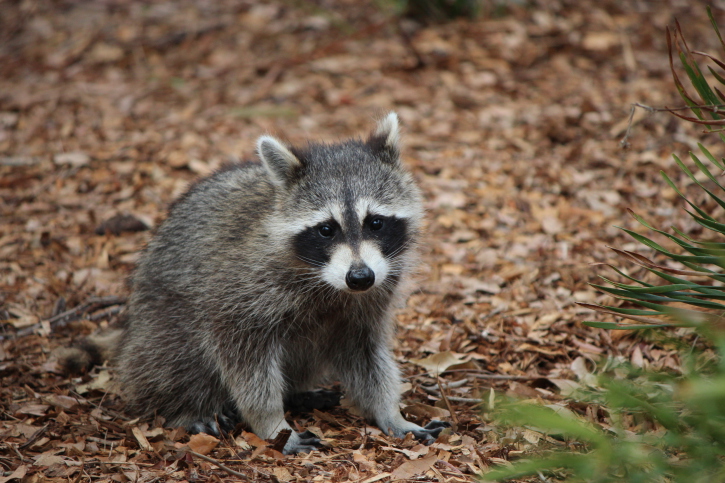Homeowners tend to believe that wild animals are either pests that don’t belong in urban areas, or adorable friends with which to share extra food. Neither, however, are healthy perspectives. Urban carnivores like raccoons should be treated with respect and given plenty of space to themselves. But are there benefits of having raccoons around? Yes, but you should be careful how much you tolerate their presence around your home. As you consider whether to call wildlife removal in Markham, consider these benefits and downsides.
Benefits of Racoons on Your Property
Like other urban predators, raccoons are well adapted to living near humans. This, however, doesn’t mean they won’t actively seek the company of people. In most cases, animals actually do their best to avoid people. While raccoons sometimes eat human garbage, much of their food comes from nature. Though they sometimes live in human homes, they usually live outside.
The animals that humans don’t like, such as mice or insects, are food sources for wild carnivores, and having a few around your property at any given time can be helpful. Homes with healthy carnivore populations are less likely to become infested with mice, rats, and even large arachnids or insects.
Raccoons are omnivorous and can survive on a large variety of food sources, including fruits and vegetables. If you’ve just done a major renovation in your backyard, you may have cut down or disturbed large trees. If your trees have nuts, tree fruits, or other edible materials, raccoons are probably more than willing to help you remove them from your yard.
Downsides of Raccoons on Your Property
Having animals around can be practical, educational, and exciting. Having too many, however, can be unsettling and problematic. Though raccoons rarely carry rabies, some populations — especially those on the East Coast of North America — have been known to spread the disease. While the risk isn’t so severe that you should attempt to trap and harm animals, you should be aware of it and keep a healthy distance from any animals you find in the open.
Raccoons and their feces can spread other diseases too. Viral infections, parvovirus, and parasites can all be transmitted through close contact with humans or pets. Because pets lack the cautious consideration most humans possess, they may unknowingly come into conflict with an animal and pick up its parasites.
Perhaps the most significant threat raccoons can pose to human homeowners is the damage they can inflict on yozzur siding, roofing, and deck space. Animals are often less than considerate when it comes to preparing denning locations for their young. When the kit-rearing season comes around, it is common for a mother raccoon to tear gaps in a home’s exterior open to make room for others to come and go as they please.
Raccoon Control
Preventing animal populations from growing out of control on your property is up to you. At least once per season, you should make your way around your home to check for potential animal entryways. Raccoons can easily find their way onto seemingly inaccessible areas, so make sure to check roofing, attic areas, and other high or low ground. Areas under porches, beside basements, or near sheds are notoriously attractive den sites.
Once you have an entrenched infestation in your home, you should call humane animal control immediately. Attempting to seal an entryway before removing animals can cause animals to die and decay in your walls, worsening an already unpleasant situation. Trying to remove animals on your own can increase your likelihood of being bitten or exposed to dangerous pathogens.
A humane removal professional knows exactly how to address your infestation without causing unnecessary harm to animals, pets, or people. A technician can quickly diagnose the extent of your problem and get working on a solution. For fast, experienced service, call Skedaddle Humane Wildlife Control today.





